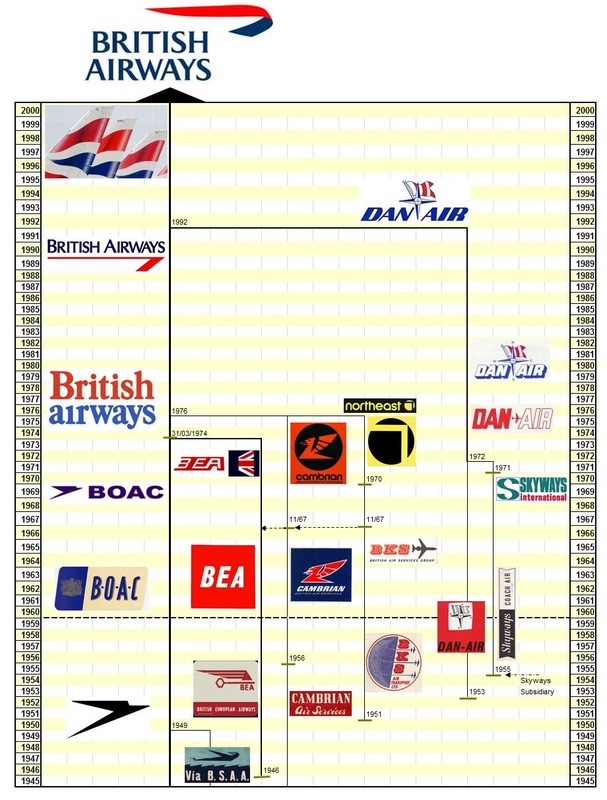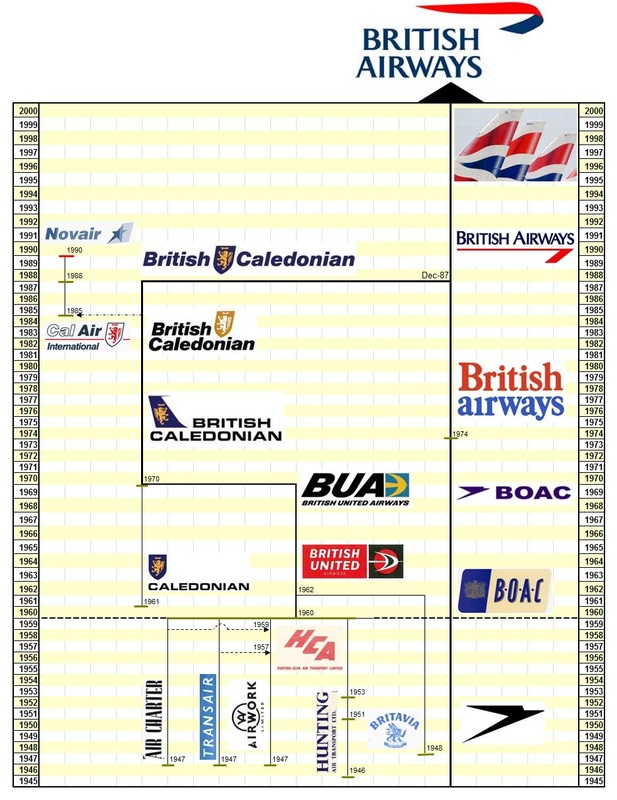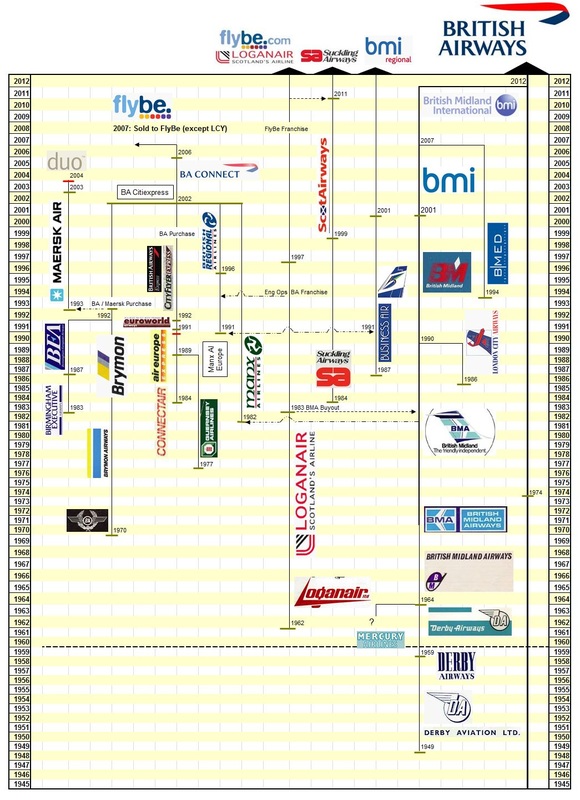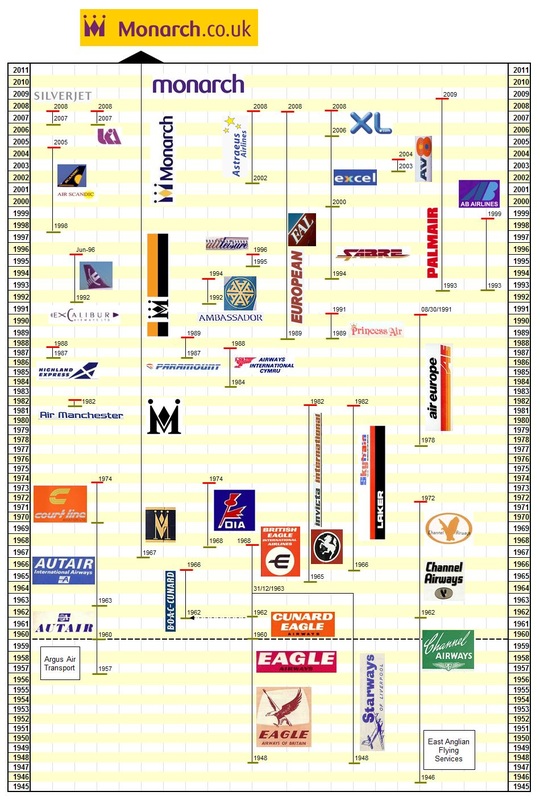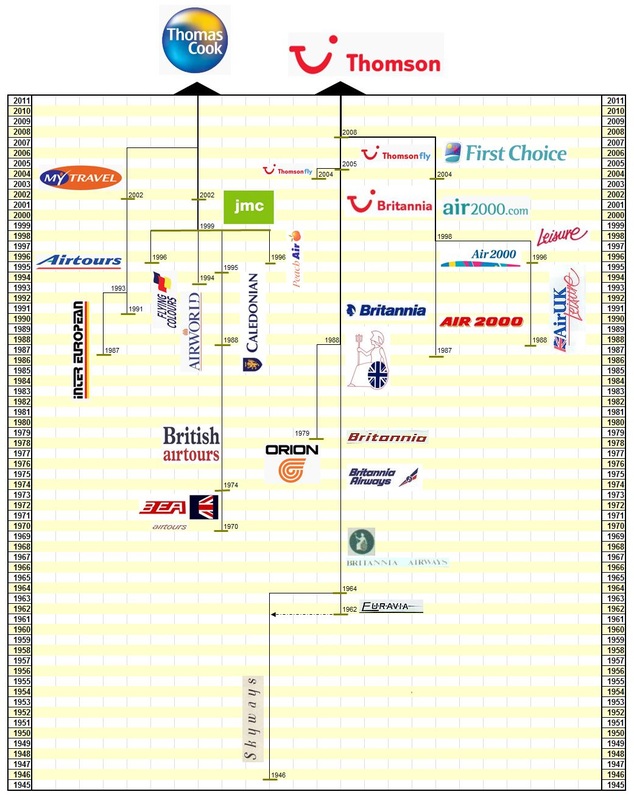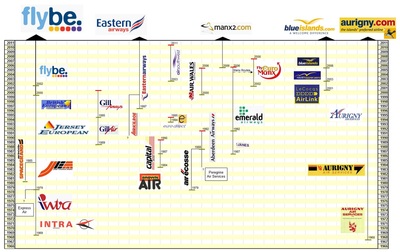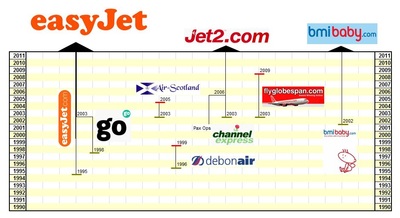- Home
-
My Models
-
AV History
- Airline History Blog
-
Airline Development
>
-
Liveries
>
- Aeroméxico Liveries
- Air China Special Liveries
- American Airlines Liveries
- British Airways Liveries
- Continental Airlines Liveries
- Delta Air Lines Liveries
- Eastern Air Lines Liveries
- Landor Liveries
- National Airlines Liveries
- Northeast Airlines Liveries
- Northwest Airlines Liveries
- Pan Am Liveries
- Trans World Airlines Liveries
- United Airlines Liveries
- Western Airlines Liveries
- Airbus A380s >
- Boeing 747 >
- Real Airport Histories >
- Plane Spotting >
- Aviation Stickers >
-
1:400 SCALE
- Collecting 1:400 Scale >
- The History of 1:400 Scale >
-
1:400 Brands
>
- Aeroclassics >
- Airshop Diecast
- AURORA Models
- Aviation400 (2007-2012)
- Big Bird 400 Your Craftsman
- Black Box Models
- Blue Box & Magic Models
- C Models
- Dragon Wings
- El Aviador 400
- Gemini Jets >
- JAL Collection / Jet Hut >
- Jet-X >
- MP4 Models
- NG Models >
- Panda Models >
- Phoenix Models >
- Seattle Models Co (SMA)
- Skyjets400
- Sovereign Models
- TucanoLine
- Witty Wings / Apollo
- Yu ModeLs
- 1:400 Custom Models >
- Production Numbers
- Zinc Rot
-
1:400 Moulds
- The Best Moulds >
- Airbus >
-
Boeing
>
- Boeing B-377 Stratocruiser
- Short Boeing 707s & 720s
- Boeing 707-320/420
- Boeing 717
- Boeing 727-100
- Boeing 727-200
- Boeing 737-100/200
- Boeing 737-300 >
- Boeing 737-400
- Boeing 737-500
- Boeing 737-600
- Boeing 737-700/800/900 >
- Boeing 737 MAX
- Boeing 747-100/200 >
- Boeing 747-400 >
- Boeing 747SP
- Boeing 747-8 Interactive
- Boeing 747LCF Dreamlifter
- Boeing 757-200 >
- Boeing 757-300
- Boeing 767-200
- Boeing 767-300
- Boeing 777-200
- Boeing 777-300
- Boeing 787
- British >
- Douglas >
- Lockheed >
- Other >
- Chinese >
- Soviet >
- Smallest Moulds in 1:400
-
1:400 Reviews
-
Model News
- Model Blog
-
New Mould Samples
>
- Aviation400 >
- JC Wings >
-
NG Models 400 Scale
>
- Airbus A318
- Airbus A319/320 CEO
- Airbus A319/320 NEO
- Airbus A321CEO & NEO
- Airbus A330-200/300
- Airbus A330 Beluga XL
- Airbus A330-800/900
- Airbus A340-200/300
- Airbus A350-900
- Airbus A350-1000
- Boeing 737-600/700/900
- Boeing 737-600 Refresh
- Boeing 737-800
- Boeing 737 MAX-8/MAX-9
- Boeing 737 MAX-7/MAX-10
- Boeing 747-100
- Boeing 747-200
- Boeing 747-400
- Boeing B747SP
- Boeing 747-8I
- Boeing 747-8F
- NG 747s Together
- Boeing 757-300
- Boeing 767-200/300 >
- Boeing 767-400 >
- Boeing 777-200
- Boeing 777-300/300ER
- Boeing 787-8
- Lockheed L-1011 Tristar
- Lockeed Tristar 500
- McDonnell Douglas MD-80
- McDonnell Douglas MD-87
- Tupolev Tu-154
- Tupolev Tu-204/Tu-214/Tu-234
- NG Models 200 Scale >
- Phoenix Models >
- Yu ModeL >
-
1:600 SCALE
- DIORAMAS
Airline Development in the United Kingdom 1945-2014
1945-1969
Following World War Two the Civil Aviation Authority introduced strict regulation which saw the creation of British European Airlines in 1947 to operate all short and medium haul international routes as well as a majority of domestic services. However the UK domestic market was not a monopoly and always consisted of a variety of independent airlines operating effectively non-competitive routes as designated by the CAA. Independent carriers survived on a mixture of low profitability domestic routes, occassional scheduled services to colonies, charters and troop transport contracts. The latter decreased as the colonial possessions of the UK contracted and dropped substantially in the 1960s when the RAF acquired its own fleet of Britannia transports.
Following World War Two the Civil Aviation Authority introduced strict regulation which saw the creation of British European Airlines in 1947 to operate all short and medium haul international routes as well as a majority of domestic services. However the UK domestic market was not a monopoly and always consisted of a variety of independent airlines operating effectively non-competitive routes as designated by the CAA. Independent carriers survived on a mixture of low profitability domestic routes, occassional scheduled services to colonies, charters and troop transport contracts. The latter decreased as the colonial possessions of the UK contracted and dropped substantially in the 1960s when the RAF acquired its own fleet of Britannia transports.
1969-1990s
The 1969 Edwards Committee introduced a multi-airline policy for the UK with the establishment of a designated second force airline (in the form of the new British Caledonian) and the first step in what would be the consolidation of BEA, BOAC and British Air Services operators to form British Airways. This led to a spheres of influence type arrangement which nonetheless always favoured the national carrier. British Caledonian was hobbled by the arrangement and finally forced into a merger with British Airways. Other scheduled airlines in the long-haul market (British Eagle in the 1960s and Laker in the 1970/80s) found that they were defeated by political and business machinations which were at best dishonest and worst illegal.
It wasn’t until 1980 that the Civil Aviation Act enabled true route competition to be permitted throughout the UK as well as competitive pricing. At the same time state withdrawal from British Airways was finally achieved in 1987. Following this BA continued the pattern of withdrawing from non-Heathrow operations, though prior to that it had always attempted to pass the operations to smaller airlines – something it no longer needed to do. British United's regional operations were divested before it became BCal and largely ended up as part of AirUK. This was taken over by KLM and weakened to the extent that eventually its remaining operations were merged into KLM Cityhopper of the Netherlands. Meanwhile the car ferry side of BUA's business grew into British Air Ferries which took on much of BA's Viscount fleet in the 80s and became an IT operator in the 90s, as British World, prior to folding.
The UK has since the 1950s had an active charter market but this has always been volatile and subject to general economic ups and downs. This has resulted in many airline failures whilst airlines like Air Europe and Dan Air which attempted to transition from charter to scheduled services were not able to survive the market volatility and scheduled competition from incumbents.
The 1969 Edwards Committee introduced a multi-airline policy for the UK with the establishment of a designated second force airline (in the form of the new British Caledonian) and the first step in what would be the consolidation of BEA, BOAC and British Air Services operators to form British Airways. This led to a spheres of influence type arrangement which nonetheless always favoured the national carrier. British Caledonian was hobbled by the arrangement and finally forced into a merger with British Airways. Other scheduled airlines in the long-haul market (British Eagle in the 1960s and Laker in the 1970/80s) found that they were defeated by political and business machinations which were at best dishonest and worst illegal.
It wasn’t until 1980 that the Civil Aviation Act enabled true route competition to be permitted throughout the UK as well as competitive pricing. At the same time state withdrawal from British Airways was finally achieved in 1987. Following this BA continued the pattern of withdrawing from non-Heathrow operations, though prior to that it had always attempted to pass the operations to smaller airlines – something it no longer needed to do. British United's regional operations were divested before it became BCal and largely ended up as part of AirUK. This was taken over by KLM and weakened to the extent that eventually its remaining operations were merged into KLM Cityhopper of the Netherlands. Meanwhile the car ferry side of BUA's business grew into British Air Ferries which took on much of BA's Viscount fleet in the 80s and became an IT operator in the 90s, as British World, prior to folding.
The UK has since the 1950s had an active charter market but this has always been volatile and subject to general economic ups and downs. This has resulted in many airline failures whilst airlines like Air Europe and Dan Air which attempted to transition from charter to scheduled services were not able to survive the market volatility and scheduled competition from incumbents.
1990s-2014
The emergence of low-cost airlines and the subsequent opening of the European aviation market has transformed the aviation market in the UK. Low-cost airlines using the internet rather than travel agencies for booking have grown hugely at the expense of charter airlines and full service mainline airlines like British Airways. Additionally they have opened up a wealth of services from secondary airports largely ignored previously. This has resulted in much consolidation of the inclusive tour market (and so less charter airlines) as well as changes to British Airways' business model based around focusing on its fortress hub at Heathrow. By 2013 this meant it had sold its remaining non-Heathrow UK routes (to FlyBe) and taken over its last traditional UK competitor (British Midland International). Outside of Heathrow the Irish airline Ryanair and the English Easyjet are dominant alongside several smaller low-cost airlines.
The emergence of low-cost airlines and the subsequent opening of the European aviation market has transformed the aviation market in the UK. Low-cost airlines using the internet rather than travel agencies for booking have grown hugely at the expense of charter airlines and full service mainline airlines like British Airways. Additionally they have opened up a wealth of services from secondary airports largely ignored previously. This has resulted in much consolidation of the inclusive tour market (and so less charter airlines) as well as changes to British Airways' business model based around focusing on its fortress hub at Heathrow. By 2013 this meant it had sold its remaining non-Heathrow UK routes (to FlyBe) and taken over its last traditional UK competitor (British Midland International). Outside of Heathrow the Irish airline Ryanair and the English Easyjet are dominant alongside several smaller low-cost airlines.
Within the regional market FlyBe has carved out a regional LCC niche, but has recently struggled for profitability, whilst only Eastern Airways, Loganair (a FlyBe franchisee) and BMI Regional provide traditional regional ops on any scale. The Channel Islands market continues to support the long serving Aurigny and the newcomer Blue Islands.
- Home
-
My Models
-
AV History
- Airline History Blog
-
Airline Development
>
-
Liveries
>
- Aeroméxico Liveries
- Air China Special Liveries
- American Airlines Liveries
- British Airways Liveries
- Continental Airlines Liveries
- Delta Air Lines Liveries
- Eastern Air Lines Liveries
- Landor Liveries
- National Airlines Liveries
- Northeast Airlines Liveries
- Northwest Airlines Liveries
- Pan Am Liveries
- Trans World Airlines Liveries
- United Airlines Liveries
- Western Airlines Liveries
- Airbus A380s >
- Boeing 747 >
- Real Airport Histories >
- Plane Spotting >
- Aviation Stickers >
-
1:400 SCALE
- Collecting 1:400 Scale >
- The History of 1:400 Scale >
-
1:400 Brands
>
- Aeroclassics >
- Airshop Diecast
- AURORA Models
- Aviation400 (2007-2012)
- Big Bird 400 Your Craftsman
- Black Box Models
- Blue Box & Magic Models
- C Models
- Dragon Wings
- El Aviador 400
- Gemini Jets >
- JAL Collection / Jet Hut >
- Jet-X >
- MP4 Models
- NG Models >
- Panda Models >
- Phoenix Models >
- Seattle Models Co (SMA)
- Skyjets400
- Sovereign Models
- TucanoLine
- Witty Wings / Apollo
- Yu ModeLs
- 1:400 Custom Models >
- Production Numbers
- Zinc Rot
-
1:400 Moulds
- The Best Moulds >
- Airbus >
-
Boeing
>
- Boeing B-377 Stratocruiser
- Short Boeing 707s & 720s
- Boeing 707-320/420
- Boeing 717
- Boeing 727-100
- Boeing 727-200
- Boeing 737-100/200
- Boeing 737-300 >
- Boeing 737-400
- Boeing 737-500
- Boeing 737-600
- Boeing 737-700/800/900 >
- Boeing 737 MAX
- Boeing 747-100/200 >
- Boeing 747-400 >
- Boeing 747SP
- Boeing 747-8 Interactive
- Boeing 747LCF Dreamlifter
- Boeing 757-200 >
- Boeing 757-300
- Boeing 767-200
- Boeing 767-300
- Boeing 777-200
- Boeing 777-300
- Boeing 787
- British >
- Douglas >
- Lockheed >
- Other >
- Chinese >
- Soviet >
- Smallest Moulds in 1:400
-
1:400 Reviews
-
Model News
- Model Blog
-
New Mould Samples
>
- Aviation400 >
- JC Wings >
-
NG Models 400 Scale
>
- Airbus A318
- Airbus A319/320 CEO
- Airbus A319/320 NEO
- Airbus A321CEO & NEO
- Airbus A330-200/300
- Airbus A330 Beluga XL
- Airbus A330-800/900
- Airbus A340-200/300
- Airbus A350-900
- Airbus A350-1000
- Boeing 737-600/700/900
- Boeing 737-600 Refresh
- Boeing 737-800
- Boeing 737 MAX-8/MAX-9
- Boeing 737 MAX-7/MAX-10
- Boeing 747-100
- Boeing 747-200
- Boeing 747-400
- Boeing B747SP
- Boeing 747-8I
- Boeing 747-8F
- NG 747s Together
- Boeing 757-300
- Boeing 767-200/300 >
- Boeing 767-400 >
- Boeing 777-200
- Boeing 777-300/300ER
- Boeing 787-8
- Lockheed L-1011 Tristar
- Lockeed Tristar 500
- McDonnell Douglas MD-80
- McDonnell Douglas MD-87
- Tupolev Tu-154
- Tupolev Tu-204/Tu-214/Tu-234
- NG Models 200 Scale >
- Phoenix Models >
- Yu ModeL >
-
1:600 SCALE
- DIORAMAS
